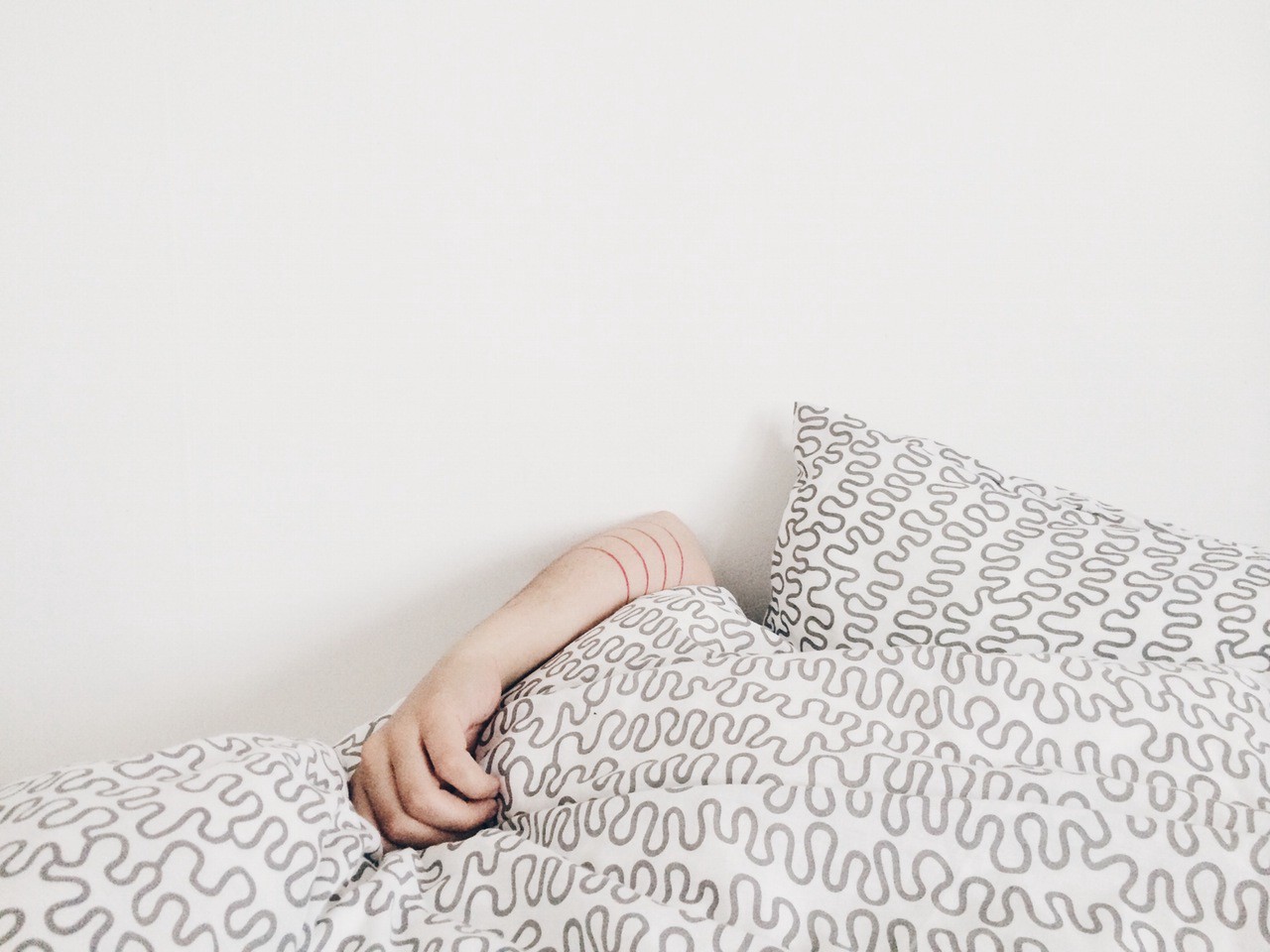We’ve all been there — no matter how hard you try, you just can’t fall asleep. Sleep plays a large part in our well being, it affects our productivity as well as physical health. Factors like our weight as well as our disposition towards certain health problems and diseases. It’s incredibly frustrating when we can’t fall asleep, especially when it becomes a chronic problem. However, there are some easy changes you can implement in your routine that will really help you sleep better. Here are ten of the best ways to help you sleep better all night long.
1. Stick to a schedule.

One of the biggest things that interferes with our ability to fall asleep and stay asleep is varying the times when we go to bed and wake up. For example, many of us sleep in on the weekends, or go to bed a few hours early if we have had an extremely tiring day. While this is unavoidable at times, try your best to stick to a consistent schedule when it comes to your sleep. Yes, this may mean waking up earlier than you want to on weekends, but after a few weeks of this, you will find yourself sleeping more soundly.
2. Turn off your electronics at least an hour before bedtime.

Our sleep cycles are highly regulated by our exposure to light, as the sun rises it tells our bodies it is the day and as it sets, the night. Electronic devices like computers, TVs, smart phones, and tablets emit blue light, which have been shown to disturb our ability to fall asleep due to the artifical light working in the same way as the sun does to tell our bodies to stay awake. To avoid this problem, take time to do something before bed that doesn’t involve the use of technology and screens such as reading a book.
3. Exercise regularly.

Exercise is not only a very important component of maintaining our health overall, but it also can help us sleep much better at night. If you don’t normally exercise, try adding just a quick walk to your daily routine — you will likely notice that you will fall asleep much more rapidly. Just make sure to schedule your workouts towards the beginning of the day, because if you exercise right before bed, the endorphins will actually make it difficult for you to sleep.
4. Use your bed only for sleep, nothing else.

Although it can be tempting to spend time surfing the internet or using your smartphone in bed during the day or early evening, this makes it very difficult for you to fall asleep at night. Your brain needs to associate your bed with rest and relaxation, so if you spend time on your bed focusing on other activities, it will be very difficult for you to switch gears and fall asleep.
5. Be careful about how much caffeine you drink.

While a cup of coffee in the morning or a tea in the early afternoon is fine for most people, be careful about how and when you consume caffeinated beverages. Even one small drink in the middle of the afternoon could keep you up for hours.
6. Avoid naps during the day(unless your sleep cycle has this scheduled).

Although it can be really tempting to take a quick siesta after lunch, try to power through that mid-day slump. Taking naps during the day can offset your sleep schedule at night, and make it more difficult for you to fall asleep and stay asleep. If you feel like you absolutely cannot make it through the day without a nap, try to keep it to under twenty minutes, and go somewhere quiet and comfortable so that your sleep quality will be good.
7. Eat a healthy, balanced dinner.

What you eat right before you go to bed, it can have a surprisingly huge effect on how you sleep. If you eat something too heavy, spicy, or sugary, you may find yourself having trouble sleeping, because your digestive system can’t process everything quickly enough for you to fall asleep effecively. However, make sure you eat enough that you feel satisfied, so that you aren’t distracted by hunger. A nutritious meal with a good balance of carbohydrates, protein and fat is the best option. The last meal of the day should be no later than two to three hours before you head to bed.
8. Dim the lights in your home before you go to bed.

A lack of light will produce melatonin, which will help induce you to fall asleep faster. Don’t leave all of the lights on in your house right up until your bedtime. Instead, start turning them off one by one over a period of two to three hours, so that your body can begin to get ready for sleep.
9. Use white noise to help you relax.

If you are often distracted by noises, like traffic outside your home, neighbors talking or walking around, or even your own pets and children, then it can be helpful to put on a fan to create a neutral, relaxing sound. If that doesn’t work for you, there are also apps that you can use that will create white noise for you.
10. Use positivity & meditation to combat stress.

Stress is one of the biggest inhibitors of sleep. To help you relax your mind and forget about the things that have been bothering you during the day, try visualizing positive images that make you happy. You can use guided meditation recordings if you need help with this process. This will help distract you from the pressures of daily life and result in a much better sleep. A great app we recommend is Head Space, available on iPhone and Android.
Originally published at medium.com


